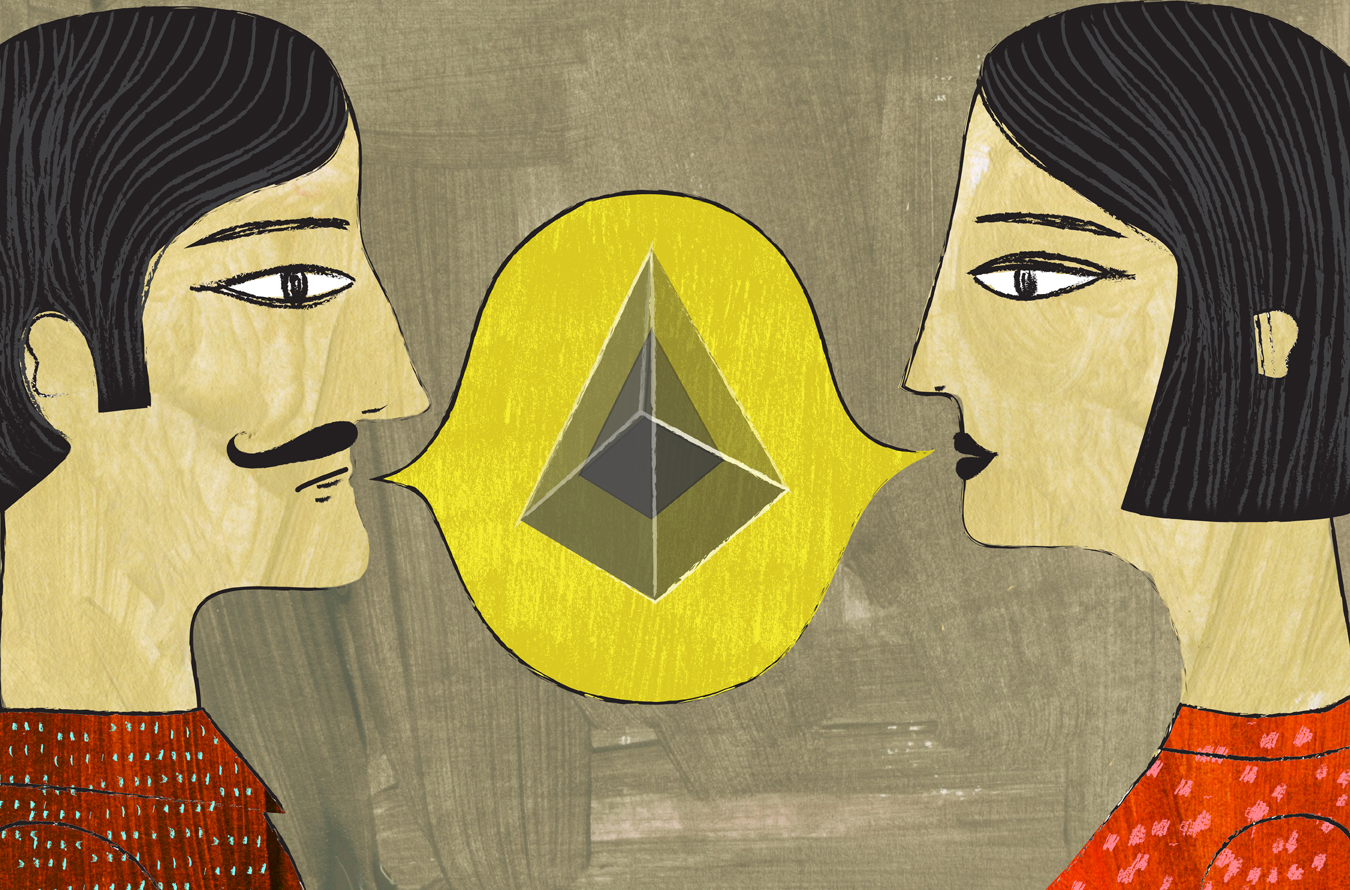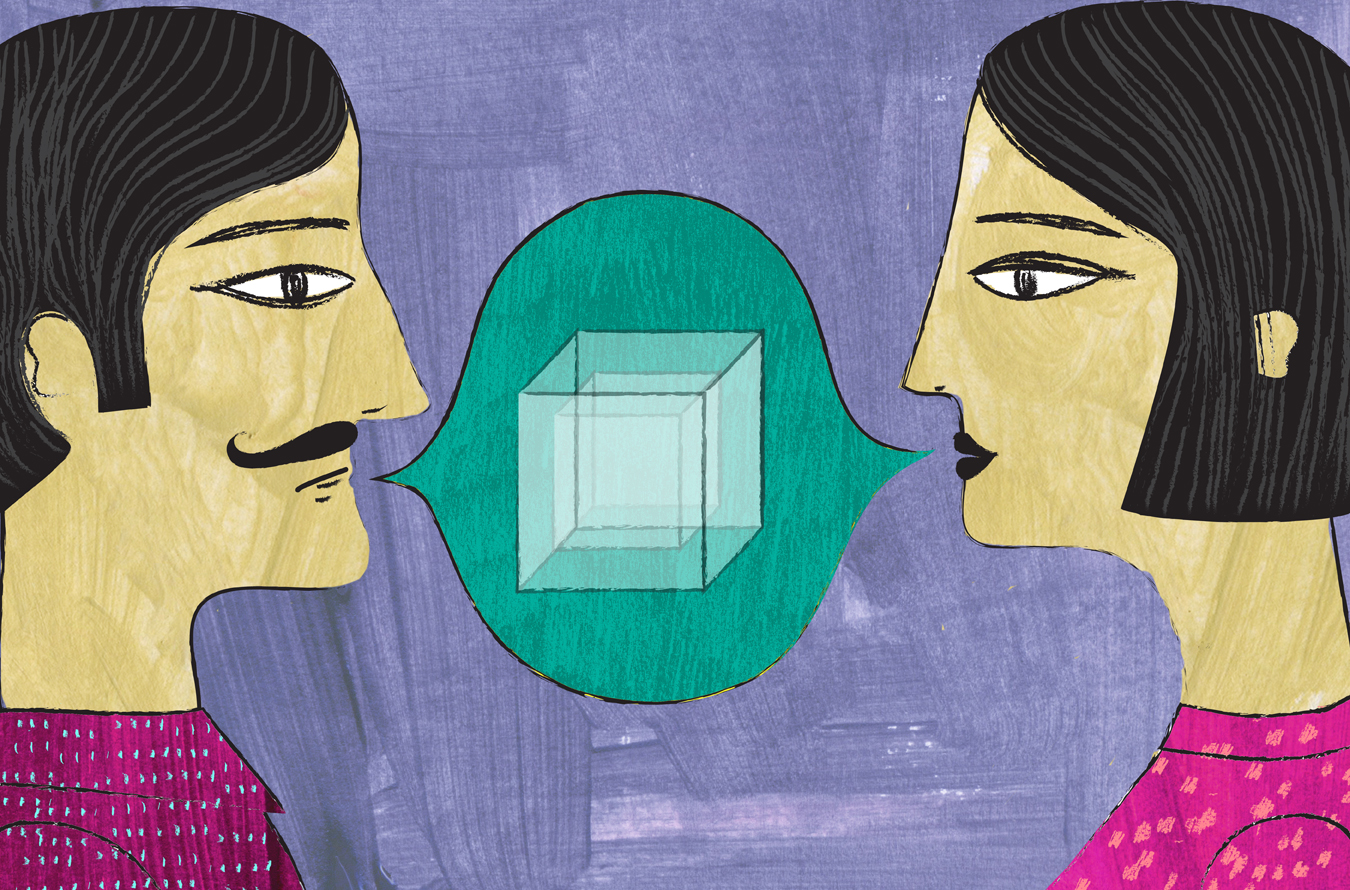Conversation Piece, July 29, 2018
A weekly series.

Enjoy our Sunday series, Conversation Piece, a NUVO–curated digest of things on the Internet we think you’ll want to talk about.
A real-life Lorax. “What was the Lorax? And why was it there?” reads Dr. Seuss’ 1971 children’s fable about a small, orange guardian of the forest. Now, nearly 50 years since these questions were posed, we may have some answers. An essay published this week in Nature Ecology & Evolution explores the real-life examples of the Lorax and how the character came to be. The New York Times has the story, complete with a trip to Kenya and monkey face-recognition software, here.
Night lights. In Japanese, the word inemuri or “sleeping while present” is used to describe a specific type of napping in which a person nods off in a place not intended for sleeping. When executed properly in the office, inemuri may actually get you in your boss’ good books because it shows you’re working yourself to exhaustion. While this may be an extreme example of sleep deprivation, the issue is not exclusive to Japan. As Michael Finkel of National Geographic writes, “our floodlit society has made sleep deprivation a lifestyle”. In this essay, Finkel dives deep into the science of sleep—and why we aren’t getting any. Read more, here.
Millenial millionaires. Maybe you saw them, maybe you clicked on them—as The New Yorker’s Jia Tolentino puts it, “outrage-bait money articles”. Take for example, the Forbes cover story labelling Kylie Jenner as a “self-made billionaire” or the story of the young woman in New York living on an intern’s salary and a hefty allowance from her parents. Apart from being instinctively irritating, the problem with these stories is, as Tolentino writes, that the truth regarding financial and cultural privileges is shrouded in heavy dissembling. Read more, here.
Signs of intelligent death. As the world’s aging population grows, a new host of tools designed for the dying has emerged—namely, robots. There’s the Honda Asimo, which can fetch a bowl of soup and carry it upstairs, or Sanyo’s bathtub which can wash and rinse you. And then there’s the SoftBank’s Pepper, which is even able to assume the role of a Buddhist priest and perform ceremonial rituals while live-streaming your funeral. In our story, Adrienne Matei explores how artificial intelligence is changing end of life care. Read it, here.
________
Never miss a story. Sign up for NUVO’s weekly newsletter, here.







